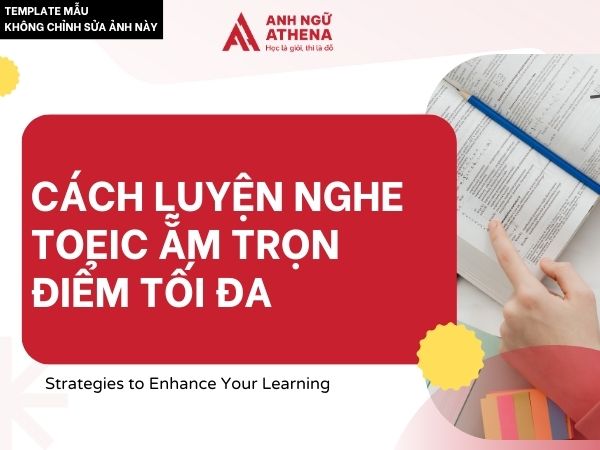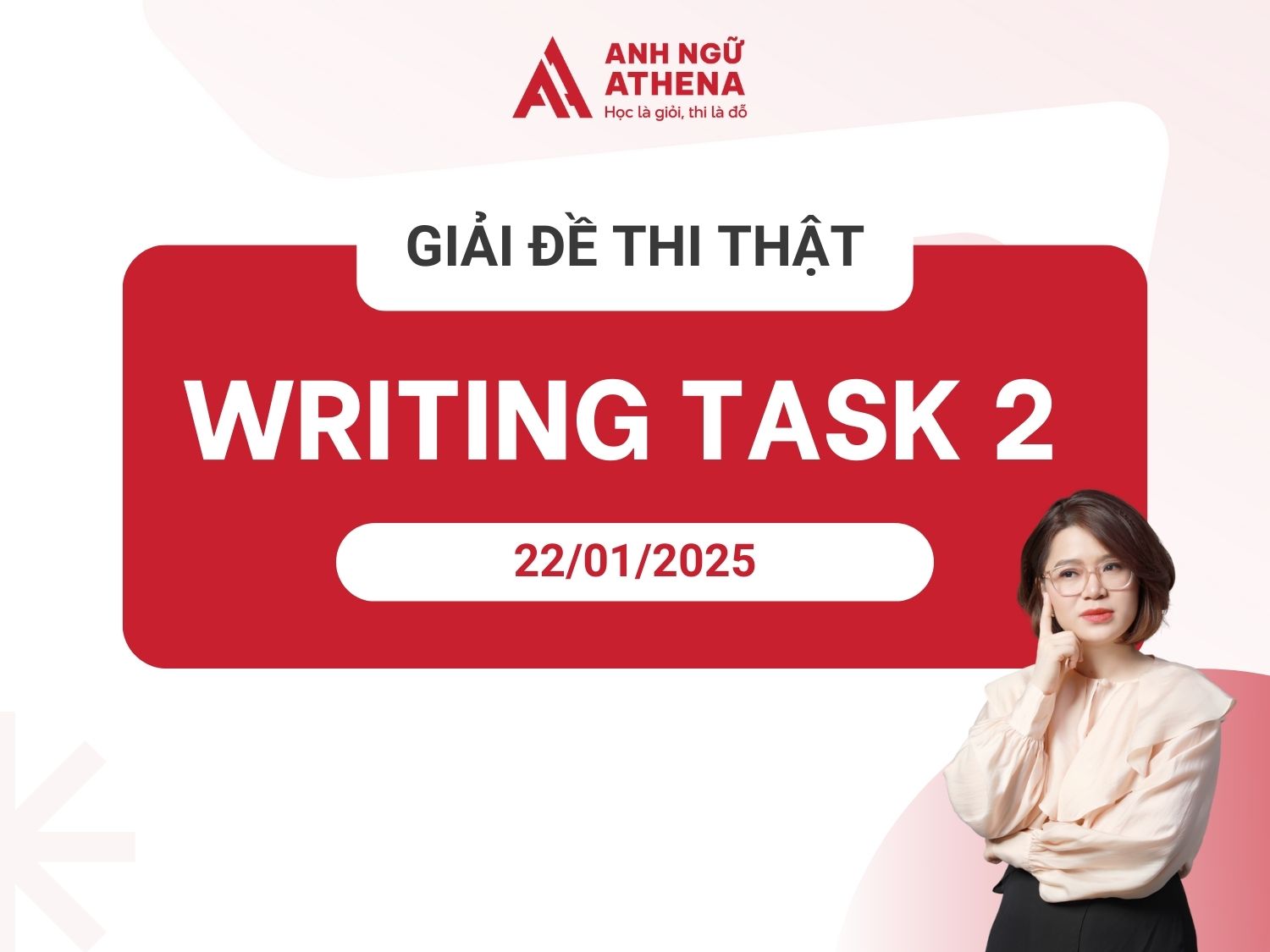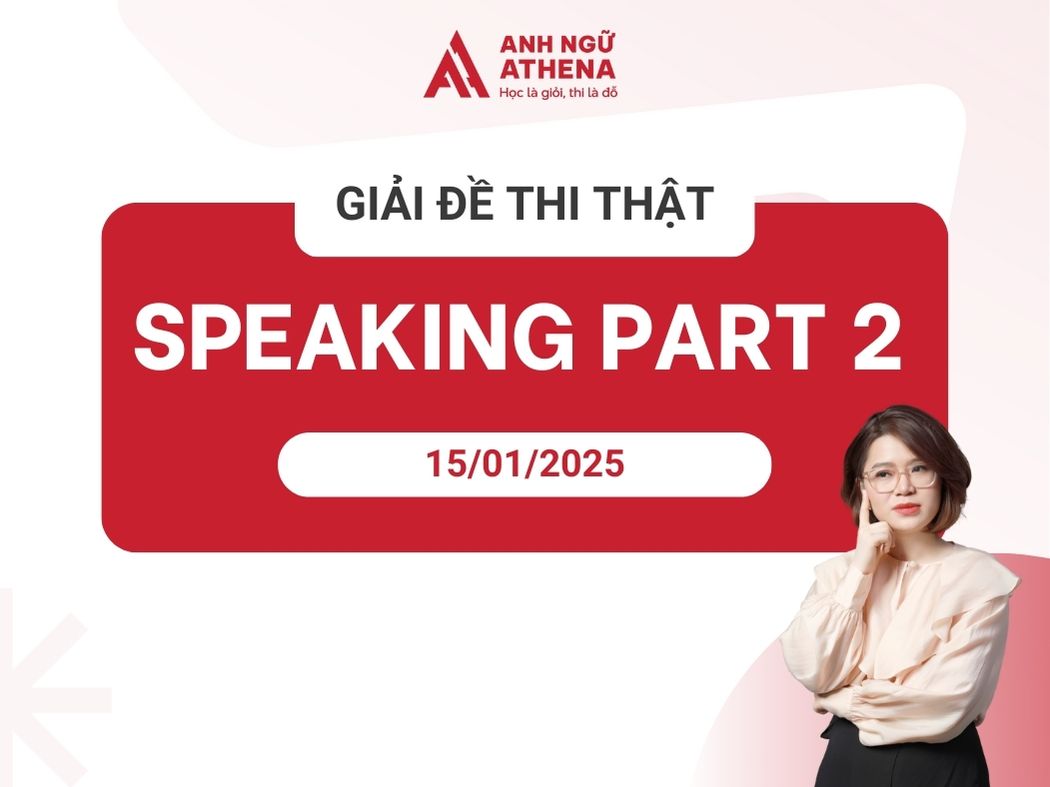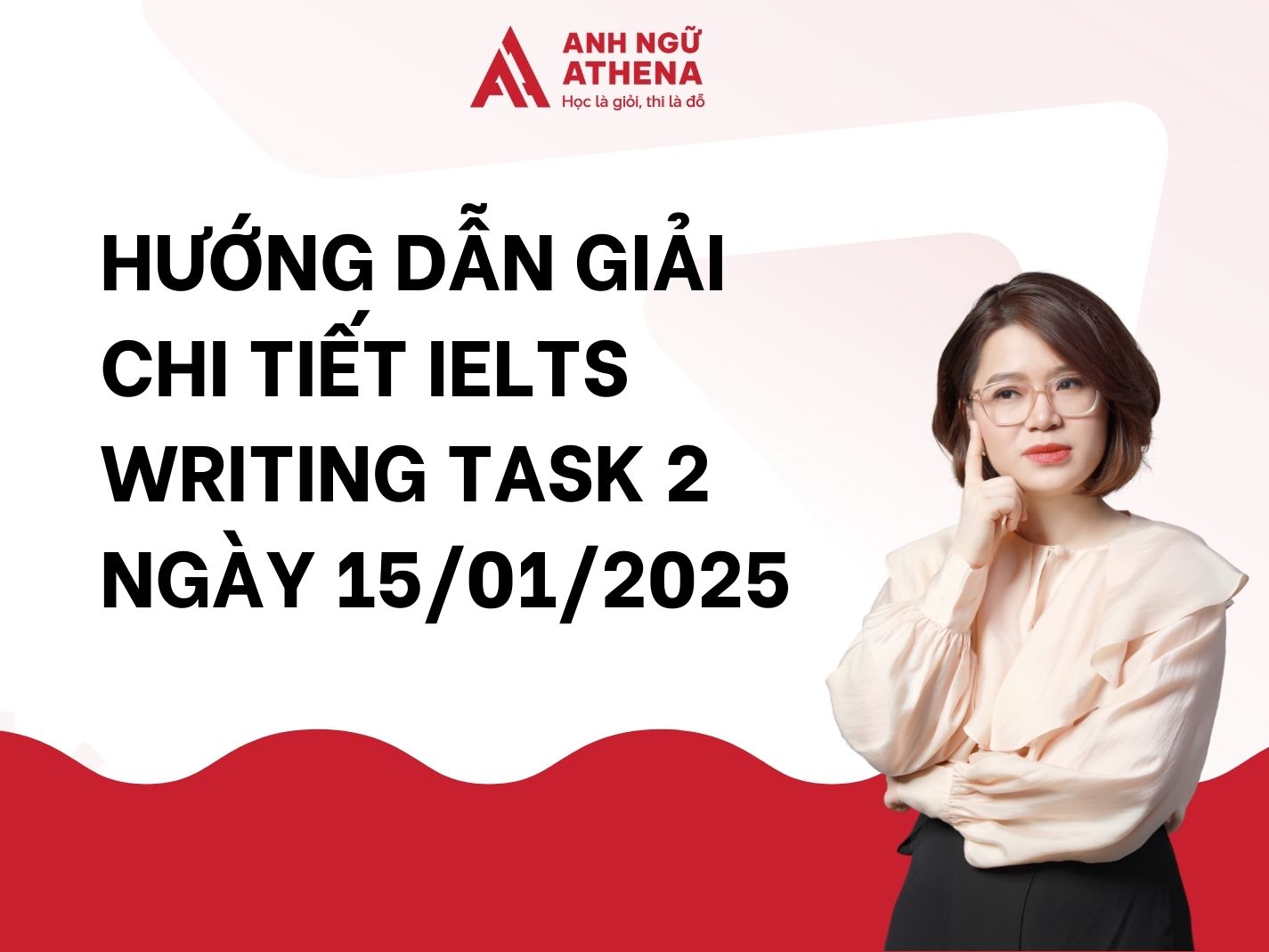Cô Đỗ Vân Anh |
KÌ THI TỐT NGHIỆP TRUNG HỌC PHỔ THÔNG QUỐC GIA NĂM 2020 Bài thi: NGOẠI NGỮ; Môn thi: TIẾNG ANH TRƯỜNG THPT CHUYÊN HƯNG YÊN – LẦN 4
|
Mark the letter A, B, C, or D to indicate the sentence that best combines each pair of sentences in the following questions.
Question 1. He didn't want to pay such a high price. Nevertheless, he had no choice.
A. Although he was reluctant paying such a high price, he had no choice.
B. Despite having no choice, he had to pay such a high price.
C. Reluctant as he was to pay such a high price, he had no choice.
D. In spite the fact that he didn't want to pay such a high price, he had no choice.
Question 2. The museum in the city center. Have you ever visited it?
A. Have you ever visited the museum is located in the city centre?
B. Have you ever visited the museum located in the city centre?
C. Have you ever visited the museum which locating in the city centre?
D. Have you ever visited the museum locating in the city centre?
Mark the letter A, B, C, or D to indicate the word(s) OPPOSITE in meaning to the underlined word(s) in each of the following questions.
Question 3: Cattle raising began in Texas well before the Civil War.
A. shortly B. ages C. properly D. long
Question 4: He was so insubordinate that he lost his job within a week.
A. obedient B. understanding C. fresh D. disobedient
Mark the letter A, B, C, or D to indicate the word(s) CLOSEST in meaning to the underlined word(s) in each of the following questions.
Question 5: "A friend in need is a friend indeed": Our friends have voiced their strong criticism China's escalation of tension on our continental shelf.
A. improving the condition B. easing the tension
C. facing the reality D. worsening the situation
Question 6: When Cindy invited us to dinner, she really showed off her culinary talents. She prepared feast - a huge selection of dishes that were simply mouth-watering.
A. concerning nutrition and health
B. involving hygienic conditions and diseases
C. relating to medical knowledge
D. having to do with food and cooking
Mark the letter A, B, C, or D to indicate the option that best completes each of the following exchanges.
Question 7: Jane: “You look nervous ____________” - Jim: “This thunder scares me death.”
A. How are you? B. Come on!
C. Why's that? D. What's wrong?
Question 8: - John: "How about another glass of beer?"
- Peter: “No, thanks ____________
A. all the same B. you so much
C. you for all. D. not at all
Read the following passage and mark the letter A, B, C, or D to indicate the correct answer to each of the questions.
Caused by the Moon's and Sun's forces of gravity acting on the Earth, tides are the periodic rise and fall of the Earth's waters. It is important to distinguish natural tidal phenomena from huge tsunamis, with the latter being caused by earthquakes and undersea volcanic eruptions.
The Moon is a main factor controlling ordinary tides. At the location on the Earth closest to the Moon, it exerts a powerful gravitational pull on the water. The resulting rise in the water produces higher tides. The water on the side of the Earth farthest away from the Moon also gets pulled by this lunar gravity, but not as strongly. The Earth itself has its own gravitational force that is constantly pulling waters downward, which is why the oceans do not simply bulge out toward the Moon. Ordinary tides usually feature high and low waters alternating in relation to the Earth’s rotation. Most shores around the world have high waters and two low waters for each day, which last about 24 hours and 50 minutes. The difference in height between the high water and low water is called the range of tide, and it can be quite dramatic in narrower bays. Canada’s bays of Fundy, for example, commonly experiences the world’s most extreme tidal ranges, with daily differences of the 16 metres.
Two other types of tides are influenced by the Sun, which is much farther away from the Earth and exerts less than half of the Moon’s gravitational force. When the Sun, the Moon and the Earth are directly in line, the solar and lunar gravitational forces add up to produce higher spring tides. The range of spring tides is intensified, with higher water marks and lower low water marks. However, when the Moon is in the first or third quarter, it is at a 90-degree angle with the Sun in relation to the Earth. The opposing solar and lunar forces partially cancel each other out, and the result is a lower tide. This is called a neap tide, which comes twice a month and has lower high water marks and higher low water marks. The range of neap tides is minimum.
Some tides do not occur over water at all. The solid body of the Earth has slight elasticity, so lunar and solar gravity cause it to stretch very subtly. These changes in the Earth’s shape, although imperceptible to humans, are known as Earth tides. Another tidal phenomenon, atmospheric tides, is caused by the Sun’s heating of the Earth’s atmosphere. Like ordinary tides, they usually occur over 12-hour periods.
Question 9. What can be inferred about Canada’s Bay of Fundy?
A. It may be very narrow because it has wide tidal variations.
B. It may have a longer tide cycle because of its wide variations.
C. It may experience tsunamis because of its extreme tides.
D. It may be influenced more by gravity than other places.
Question 10. The word exerts in paragraph 2 is closet in meaning to
A. mixes with
B. bring into use
C. infers from
D. connects with
Question 11. Why does the author mention tsunamis in the passage?
A. To show that they are not related to natural tides.
B. To explain that not all tides are caused by gravity.
C. To give an example of an extreme tidal phenomenon
D. To suggest that more categories for tides area needed.
Question 12. Which of the following does not relate to Ordinary Tides?
A. Receiving greatest influence from the Moon
B. Having the striking range of tide in narrower bays
C. Taking turns the higher and lower water relating to the Earth’s rotation
D. Influenced by the Sun’s position relative to the Moon.
Question 13. The word imperceptible in the last paragraph could best be replace by
A. difficult to explain
B. not able to be said
C. not generally known
D. not noticeable
Question 14. What is the main idea of the passage?
A. Tides are a natural phenomenon but are not natural disaster.
B. Tides always occur over water and are usually predictable.
C. Tidies are a phenomenon mainly caused by forces of gravity.
D. Tides are influenced more by Moon than by the Sun.
Question 15. According to paragraph 3, it is true that __________
A. Neap tides are characterised by lower water during the low tide period.
B. The Sun has more gravitational force than the Moon because of it larger size.
C. Spring tides occur when the Moon is in first and the third quarter.
D. The range of tide is greater in spring tides than in ordinary tides.
Question 16. Besides ordinary tides, how many other types of tide are mentioned in the passage?
A. four B. five C. two D. three
Read the following passage and mark the letter A, B, C, or D to indicate the correct answer to each of the questions.
Cities develop as a result of functions that they can perform. Some functions result directly from the ingenuity of the citizenry, but most functions result from the needs of the local area and of the surrounding hinterland (the region that supplies goods to the city and to which the city furnishes services and other goods). Geographers often make a distinction between the situation and the site of a city. Situation refers to the general position in relation to the surrounding region, whereas site involves physical characteristics of the specific location. Situation is normally much more important to the continuing prosperity of a city. If a city is well situated in regard to its hinterland, its development is much more likely to continue. Chicago, for example, possesses an almost unparalleled situation: it is located at the southern end of a huge lake that forces east-west transportation lines to be compressed into its vicinity, and at a meeting of significant land and water transport routes. It also overlooks what is one of the world’s finest large farming regions. These factors ensured that Chicago would become a great city regardless of the disadvantageous characteristics of the available site, such as being prone to flooding during thunderstorm activity.
Similarly, it can be argued that much of New York City’s importance stems from its early and continuing advantage of situation. Philadelphia and Boston both originated at about the same time as New York and shared New York’s location at the western end of one of the world’s most important oceanic trade routes, but only New York possesses an easy-access functional connection (the Hudson-Mohawk lowland) to the vast Midwestern hinterland. This account does not alone explain New York’s primacy, but it does include several important factors. Among the many aspects of situation that help to explain why some cities grow and others do not, original location on a navigable waterway seems particularly applicable. Of course, such characteristic as slope drainage, power resources, river crossings, coastal shapes, and other physical characteristics help to determine city location, but such factors are normally more significant in early stages of city development than later.
Question 17. What does the passage mainly discuss?
A. The development of trade routes through United States cities
B. Contrasts in settlement patterns in United States
C. Historical differences among three large United States cities
D. The importance of geographical situation in the growth of United States cities
Question 18. According to the passage, Philadelphia and Boston are similar to New York City in
A. size of population B. age
C. availability of rail transportation D. site
Question 19. The word “it” refers to ____________.
A. primacy B. account C. hinterland D. connection
Question 20. The word “functional” is closest in meaning to ____________.
A. original B. unknown C. alternate D. usable
Question 21. According to the passage, a city’s situation is more important than its site in regard to the city’s ____________.
A. long-term growth and prosperity
B. need to import food supplies
C. possession of favorable weather conditions
D. ability to protect its citizenry
Mark the letter A, B, C, or D to indicate the correct answer to each of the following questions.
Question 22. The more she practices, ____________ she becomes
A. more confidently B. the greater confident
C. the most confident D. the more confident
Question 23. I won't buy that car because it has too much ____________ on it.
A. white tie B. wear and tear
C. ups and downs D. odds and ends
Question 24. The Wilsons have recently purchased a ____________ cottage on the outskirts of town
A. stone, 19th-century, charming
B. 19 century, charming stone
C. charming, stone, 19th-century
D. charming, 19th-century, stone
Question 25. It is ____________ that I can't put it down
A. too interesting book B. so interesting a book
C. such interesting book D. so interesting book
Question 26. ____________, water is required by all living things on Earth and life cannot survive without it.
A. As far as is known B. It is as far known
C. As known as far D. Known as far as it is
Question 27. Of all the world's major oceans, ____________ Arctic Ocean is ____________ shallowest
A. an - the B. the - the C. Ø - the D. a - the
Question 28. The group leader recommended ____________ a computer for the presentation
A. to use B. use C. that we use D. that we must use
Question 29. Van Gogh suffered from depression ____________ by overwork and ill-health.
A. brought on B. coming about C. pull through D. taken up
Question 30. Upon returning from class,
A. his mailbox had a letter in it
B. a letter was found in the mailbox
C. he found a letter in the mailbox
D. a letter was in the mailbox
Question 31. Ann's encouraging words gave me ____________ to undertake the demanding task once again.
A. a point B. a resolution C. a target D. an incentive
Question 32. Doctors usually have to study for at least seven years before becoming fully____________
A. qualified B. examined C. approved of D. tested
Question 33. The football match tomorrow evening will be broadcast ____________
A. uniformly B. simultaneously C. communally D. jointly
Question 34. Applications ____________ in after 30 April will not be considered.
A. which sent B. send C. that is sent D sent
Question 35. To protect ____________ hackers, security experts advise longer passwords combinations of upper and lowercase letters, as well as numbers.
A. against – in B. on-between C. against - with D. from - to
Mark the letter A, B, C, or D to indicate the word whose underlined part differs from the other three in pronunciation in each of the following questions.
Question 36. A. guiltless B. circuit C. building D. suitable
Question 37. A. washed B. advertised C. kissed D. touched
Mark the letter A, B, C, or D to indicate the sentence that is closest in meaning to each of the following questions.
Question 38: The statue is believed to have been stolen by a professional thief.
A. A professional thief is believed to be stealing the statue.
B. It was believed that a professional thief stole the statue.
C. The police believed that a professional thief stole the statue.
D. That a professional thief stole the statue was believed.
Question 39. He had only just put the phone down when the boss rang back.
A. Hardly had he put the phone down when the boss rang back.
B. He put the phone down when the boss rang back.
C. No sooner had he put the phone down when the boss rang back.
D. Scarcely had he put the phone down than the boss rang back.
Question 40. "Make good use of your time. You won’t get such an opportunity again.” He said to me
A. He offered me such an opportunity so that I could make good use of my time.
B. He advised me to make good use of my time as I wouldn't get such an opportunity again.
C. He ordered me to make use of my time, saying that I wouldn't get an opportunity again.
D. He let me make use of my time, knowing that I wouldn't get an opportunity again.
Mark the letter A, B, C, or D to indicate the word that differs from the other three in the position of primary stress in each of the following questions.
Question 41. A. payroll B. photograph C. household D. regret
Question 42. A. different В. negation C. essential D. community
Mark the letter A, B, C, or D to indicate the underlined part that needs correction in each of the following questions.
Question 43. Originated in Ethiopia, coffee was drunk in the Arab world before it came to Europe in the 17th century.
A. originated B. was drunk C. came D. in
Question 44. Although there were a lot of opposition initially, many people now accept that infertile couples have the right to medical help.
A. were B. a lot of opposition C. now D. medical help
Question 45. Psychologist Abraham Maslow argued that humans have unique desires to discover and understand, the giving love to others, and to fulfill their inner potential.
A. argued that B. unique desires C. the giving love to D. their inner potential
Read the following passage and mark the letter A, B, C, or D to indicate the correct word or phrase that best fits each of the numbered blanks.
Having a relationship with someone is important to people around the world; (46) _______, dating is different from culture to culture. Here are some examples.
Group dating is popular among young people in Europe and Australia. Groups as large as 30 people take part in events, such as going camping or having a party. This is seen as a (47) _______ way to spend time together, and to help to (48) _______ tension because people feel more comfortable in the company of friends before deciding whether to go on a one-to-one date.
In Singapore, since many young people stay single, the government has tried its best to encourage dating. Dating services are offered to single people. One of them is speed dating, in (49) _______ singles will spend a few minutes talking to one person before moving on to meet the next one.
Online dating is a common way of (50) _______ in the United States. Internet companies are now offering a service called ‘online dating assistant’ to help busy people to find a partner. An assistant helps customers to build their profiles, selects potential matches, and then sends several emails to the possible matches until the two people agree to meet face to face.
Question 46. A. and B. despite C. however D. although
Question 47. A. safe B. safely C. save D. savings
Question 48. A. deteriorate B. refrain C. escape D. ease
Question 49. A. whom B. that C. when D. which
Question 50. A. matchtaking B. matchmaking C. matchcatching D. matchgoing
Link download đề thi thử lần 4 môn Anh kỳ thi tốt nghiệp THPT Trường Chuyên Hưng Yên tại đây.




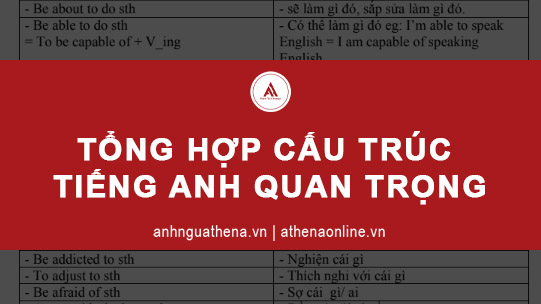








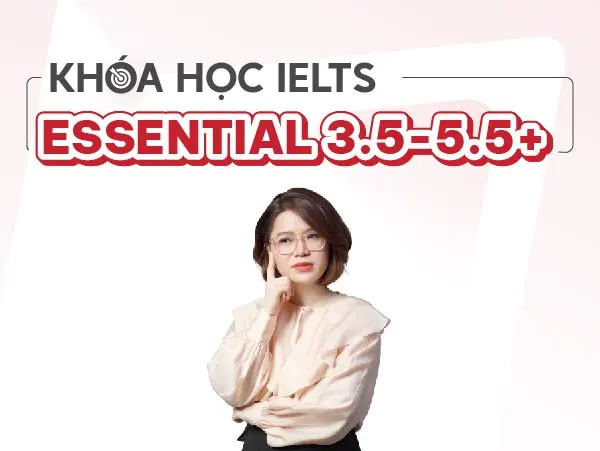
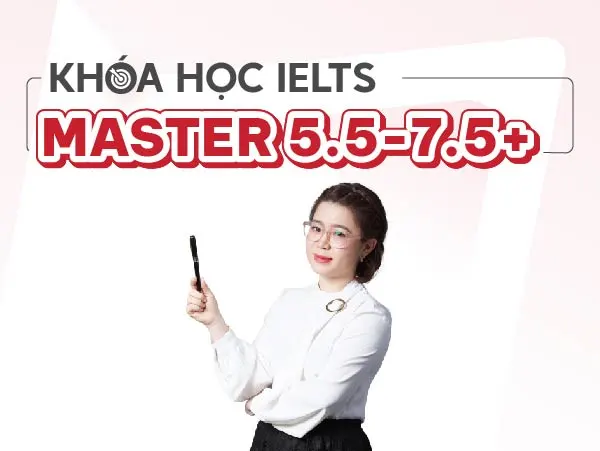
![[Cập nhật] Lịch thi TOEIC 2025 Quý 1 tại IIG Việt Nam](https://anhnguathena.vn/upload/ban-sao-cua-template-bai-viet-seo-6.png?v=1.0.0)

